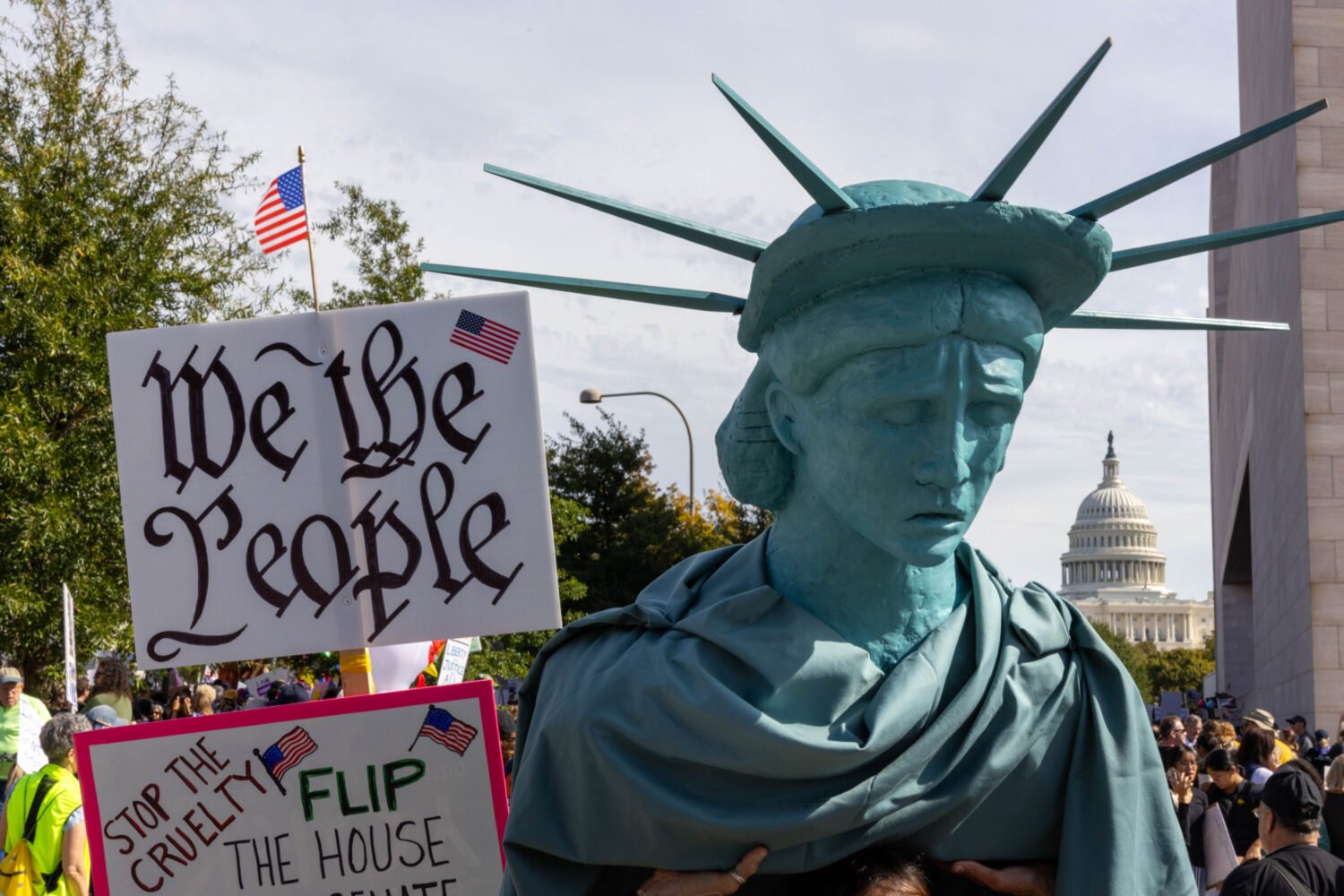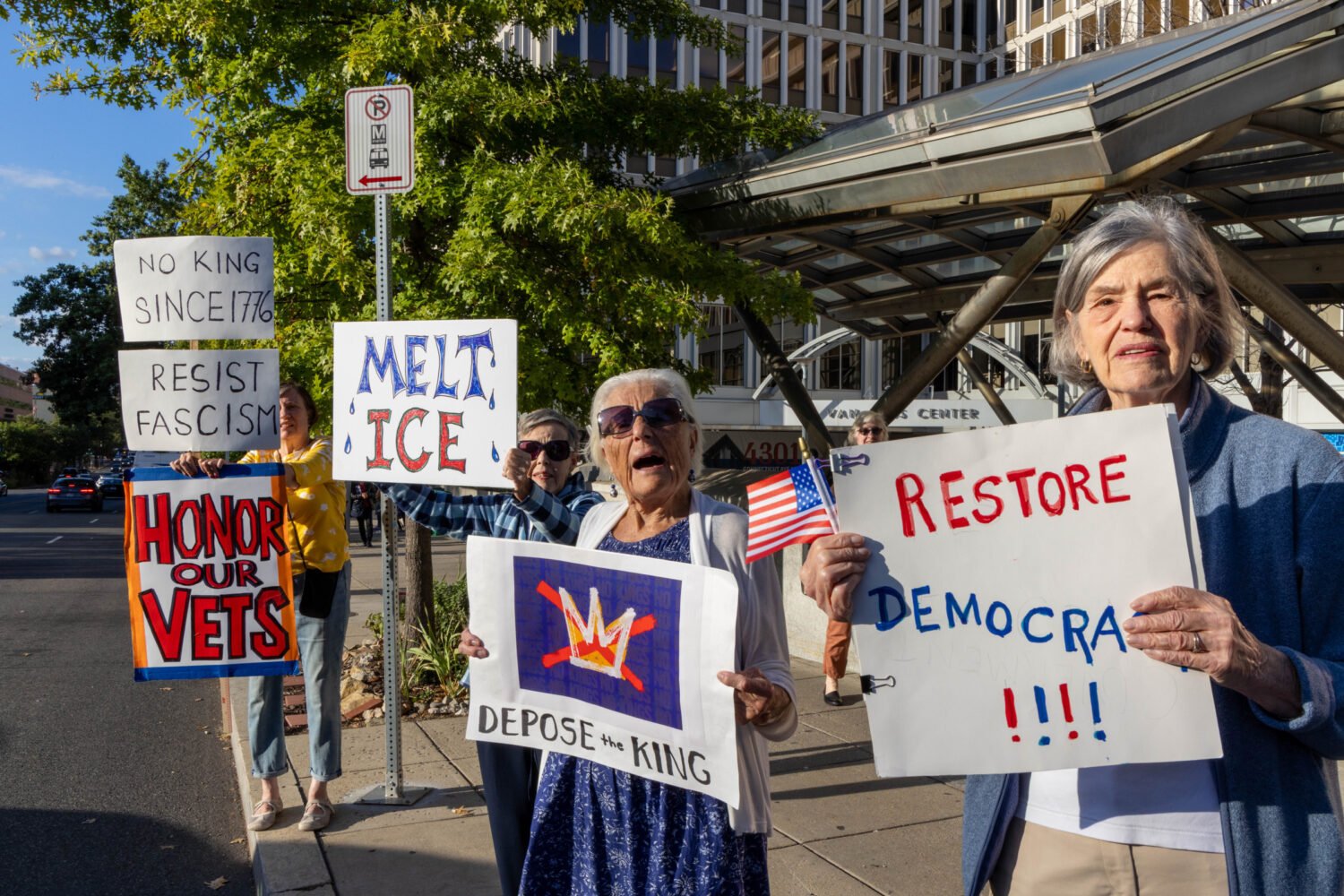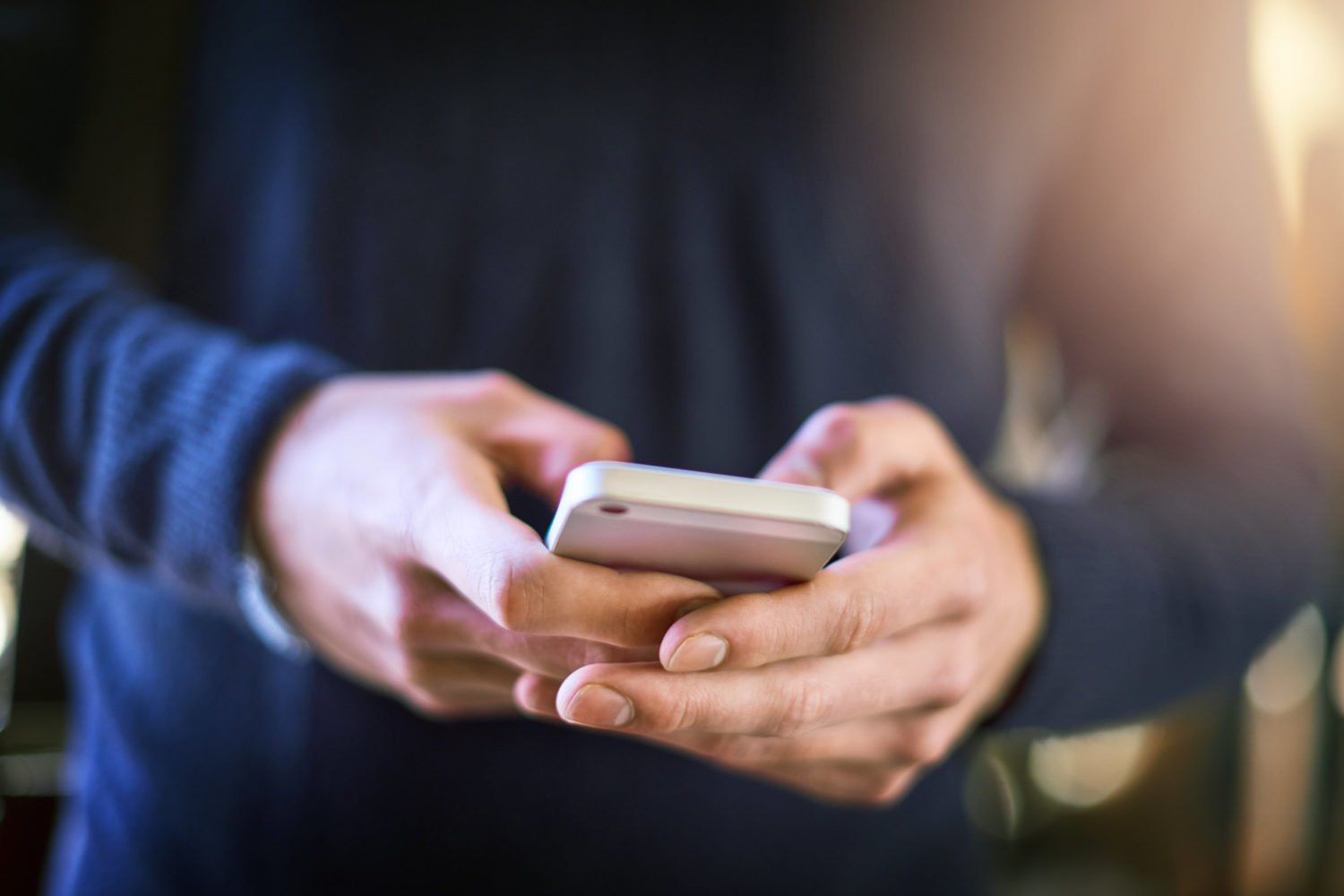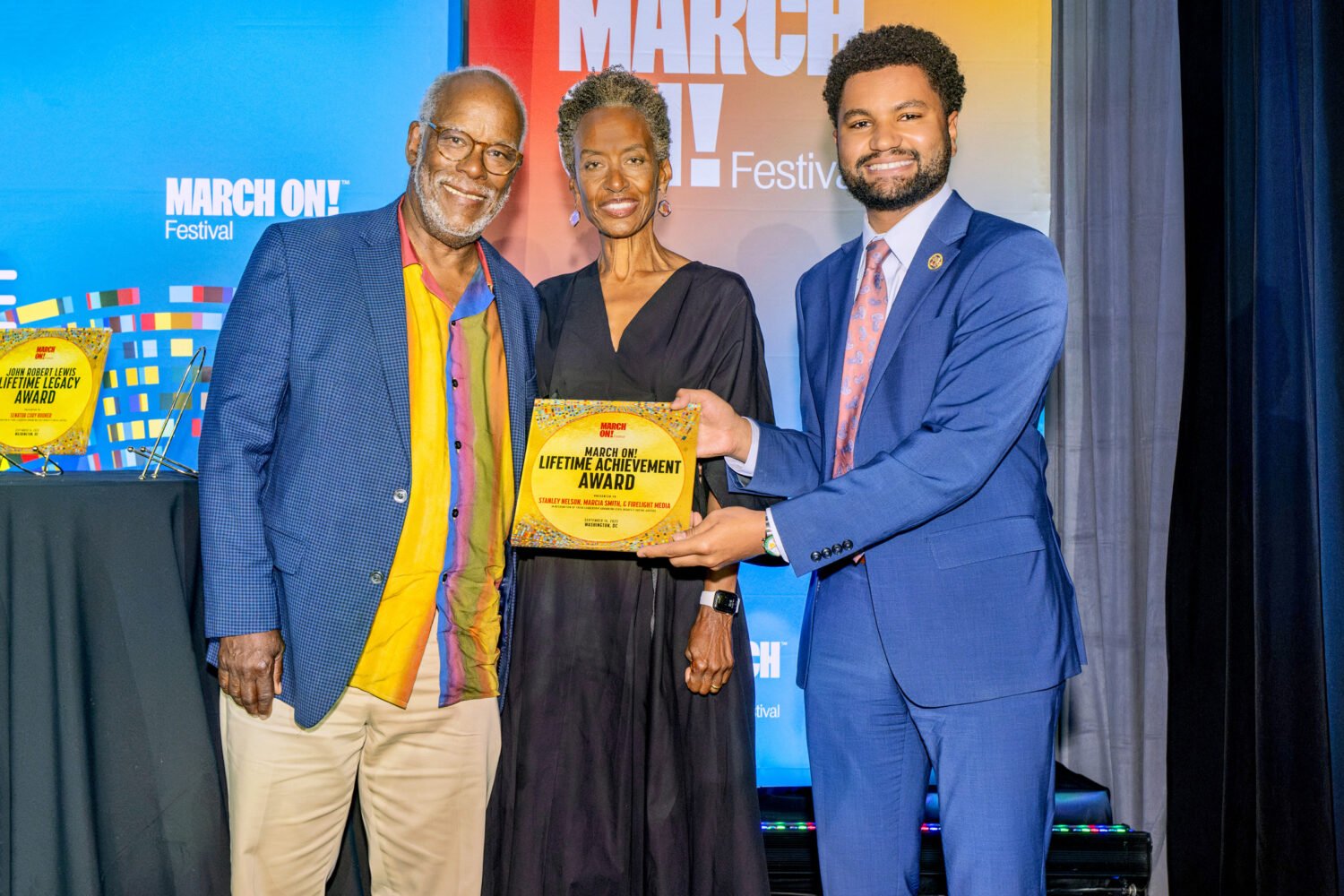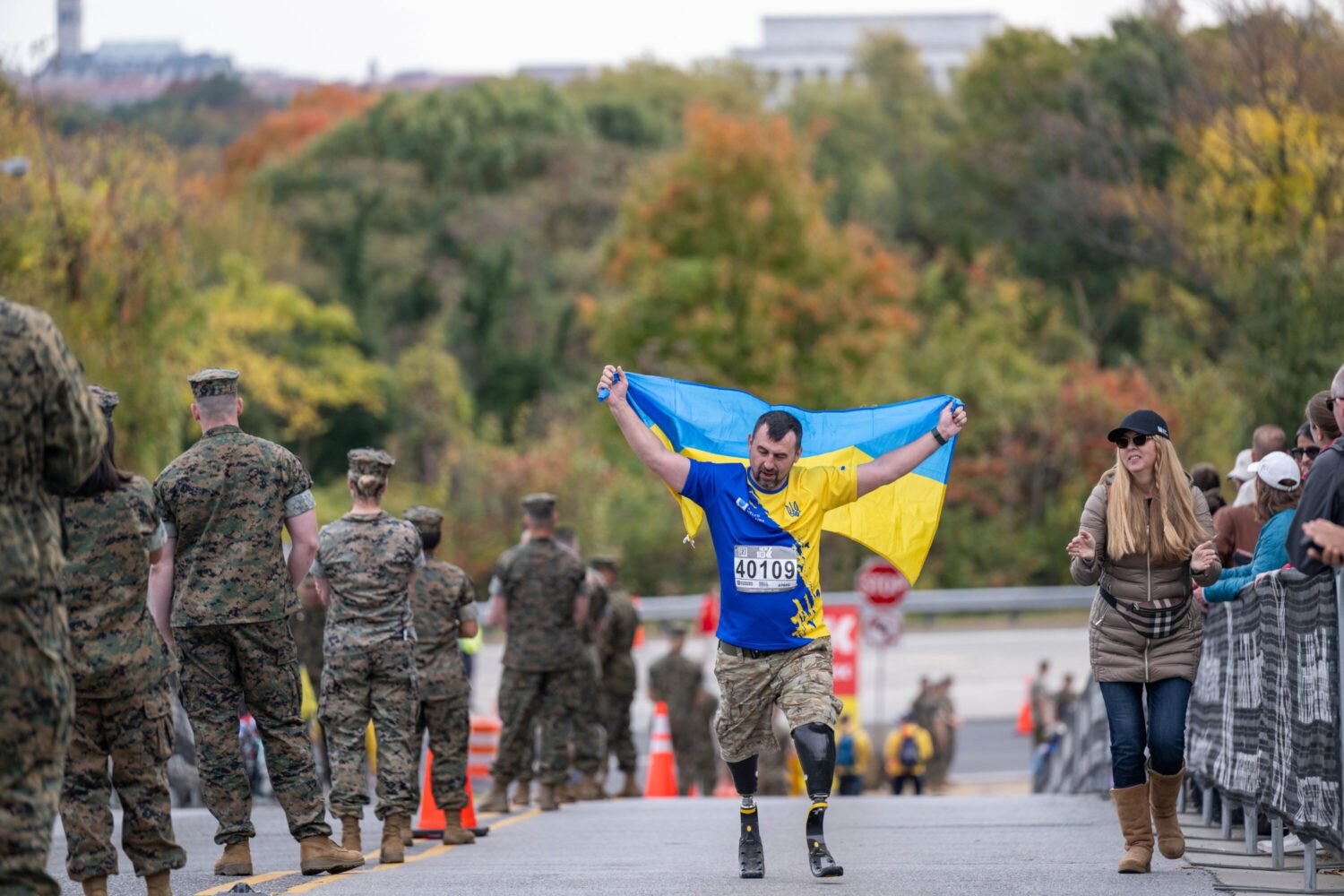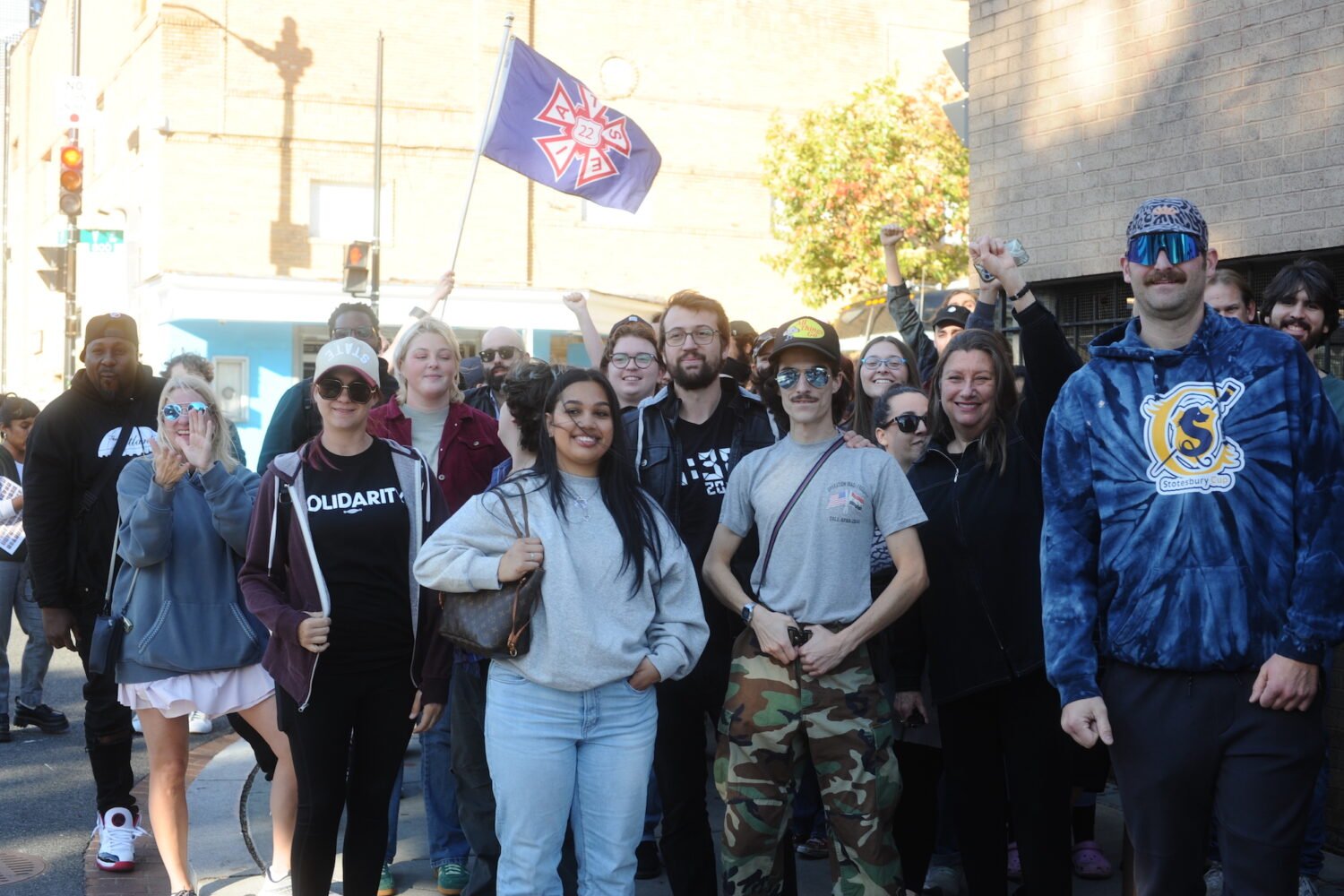A college friend who died at 34. A man who lost his uncle and his grandmother in the same week. A retired DC firefighter. A children’s programmer at PBS. A bus driver who was fearful of his coughing passengers.
These are some of the fleeting remembrances for the Americans who have died of Covid-19, a number that passed 10,000 thousand this week. Almost by definition, the totality of national carnage at this scale cannot be contained in a single newspaper’s obituary section. A national database of the dead does not exist, and probably never will.
Instead, the scene above was a snapshot from a typical day on Twitter. Using the advanced search function, and querying any combination of “Covid” and “died,” unearths a morbid artifact of the pandemic era: the country’s national obituary page, crowdsourced by 50-million-odd users.
In another era—when national disasters were circumscribed in location and time, like New Orleans during Hurricane Katrina or New York during 9/11—the towering job of accounting for the dead might fall to a metro obituary desk, helmed by an intrepid and experienced team of editors and writers. But the scope of the Covid-19 pandemic is simply too vast. Retooling the Twitter search function and filtering its results to users “Near You” (or more harrowingly, “Anywhere”) is just about the only way to exhume the human faces from a faceless line curve.
Searching Twitter in the DC area, much of the remembrance comes through regular people processing news articles: a nursing home ravaged by the disease, a nurse who perished at Howard University hospital. But others offer unfiltered snapshots of grief, awe, and occasionally, disgust: A woman who discovered her cousin had died alone; the shock of losing an acquaintance from high school. More than once, I have had the experience of reading moving remembrances of loved ones I did not know, but written by friends or associates that I do—a ripple effect of the grieving process, elevated to the register of social media. Occasionally, entries are chilling and vague, seemingly written in the haze of panic: “Somebody just died out front of my house in their car,” reads a message from one user. “I don’t even want to go outside nomore, this corona situation is wild.”
One DC resident, Victor Nguyen-Long, Tweeted a story about the death of his friend, Jeffrey Ghazarian, along with a short remembrance. “I knew if I shared Jeffrey’s story, it would remove one degree of separation for most folks and make the coronavirus more real to them, like it did for me,” he told me. “I especially wanted people to know it wasn’t just affecting older people.”
My grandma died from COVID-19 in Michigan this morning.
We took this photo three months ago. She was a gentle soul.
Rest In Pradise Granny. I love you. #Michigan ❤️ #MichiganStrong pic.twitter.com/ifhYLTBikr— Shomari Stone (@shomaristone) April 2, 2020
https://twitter.com/_Kayaaaaaaaaaaa/status/1247266282736664580
Somebody just died out front of my house in their car… they got folks in full body suits and scrubs in his car smh!!! I don’t even want to go outside nomore, this corona situation is wild
— Derrick Washington Sr. (@CoachDucci) April 5, 2020
A friend in LA died today of COVID-19.
He was 34.
Please. Stay. Home.https://t.co/FHULFhqoVQ
— Victor Nguyễn-Long | VNL.eth (@VNL) March 20, 2020
In the weeks after September 11, 2001, the New York Times began a massive effort to write the obituaries for each of the victims. The resulting project, “Portraits of Grief,” amounted to more than 2500 entries, and contributed to the paper winning the Pulitzer Prize.
But the pandemic is likely to roll on for months. It will touch every aspect of American life, killing people in nearly every one of the country’s three thousand counties. It far surpasses the abilities of any organized effort. In 2010, the Library of Congress announced its intentions to archive all of Twitter, considered even then to be a Herculean undertaking. But the project was ended in 2017, in a tacit acknowledgement of the impossibility of the task. The Library now collects Tweets on “a very selective basis.” Perhaps it should renew some version of its previous efforts. An ongoing archive of the next 18 months—including crowdsourced obituaries—would capture this surreal moment of American life during the coronavirus.
“The only way humans truly understand an intangible threat is when it becomes personal,” Nguyen-Long told me. Had the Covid pandemic occurred in an earlier decade, it is doubtful we could even come close to achieving that scale of reckoning.
On Twitter, the digital mosaic reveals something else about our national ordeal. It joins the ranks of online grocery delivery, screen-share services, and virtual funerals—vital aspects of modern life that have been supplemented in digital ersatz, ratified to new and morbid uses in the era of Big Tech. The crowdsourced obituary will be remembered the same way: a collective epitaph for an entire country, pushing its way through a crisis, in the time of the iPhone.





